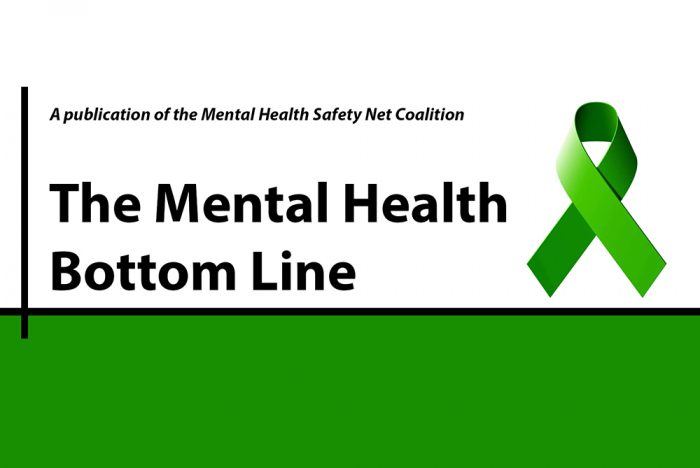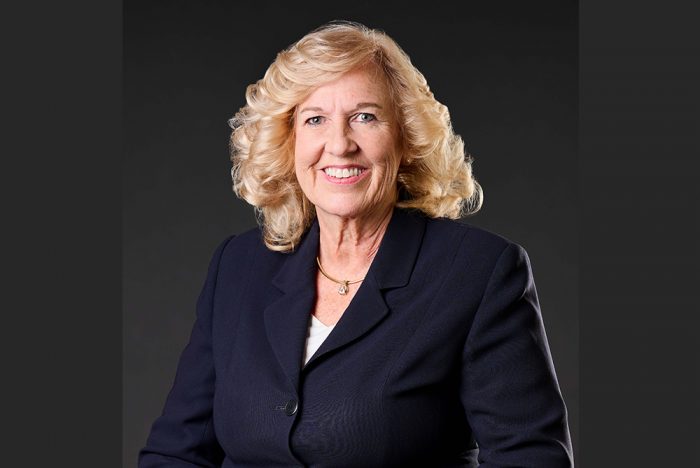The Independent Regulatory Review Commission (IRRC) has released their comments on the proposed rulemaking for the Mental Health Procedures Act. The IRRC summarized the questions and concerns that were submitted by legislators, providers, and stakeholders during the public comment period and made recommendations for clarity. The Department of Human Services (DHS) must consider and respond to the IRRC’s comments and all comments submitted during the comment period as they prepare their final form regulations.
The majority of the comments were in regard to proposed “Section 5100.33. Patient’s access to records and control over release of records,” where commentors voiced concern of potential conflict with existing statutes. The IRRC also responded to the legislative comments from Rep. Doyle Heffley, Republican Chairman of the House Human Services Committee, who emphasized the importance of resolving the questions asked by providers and stakeholders.
Please contact RCPA Policy Associate Emma Sharp with any questions.


















